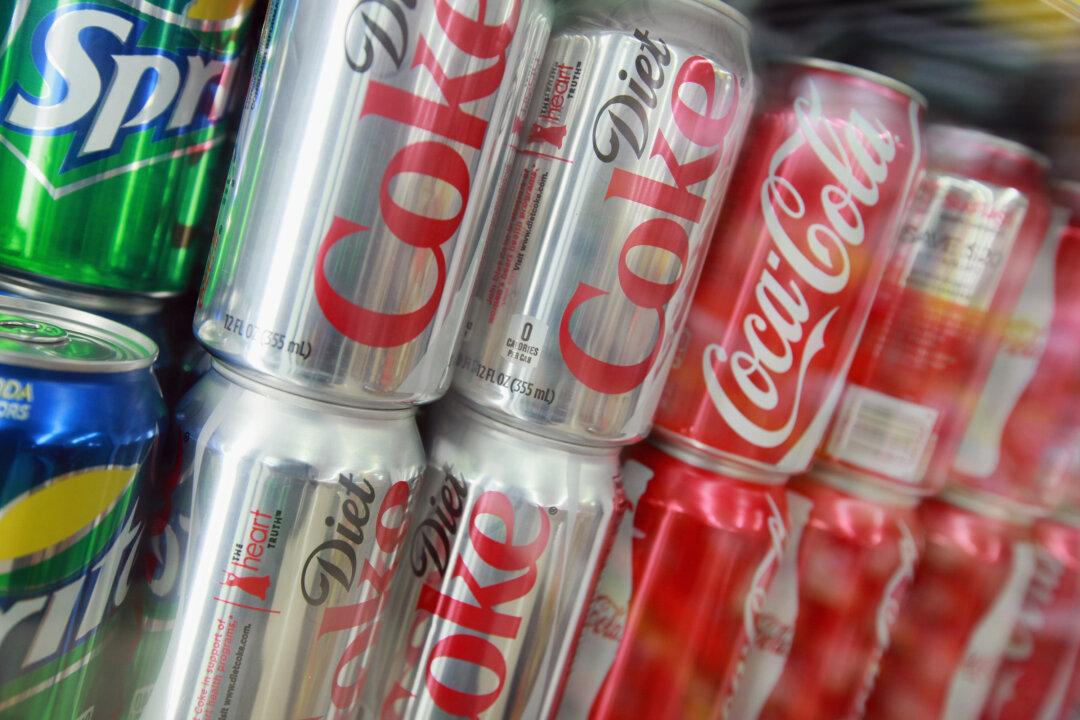The U.S. Food and Drug Administration (FDA) confirmed that Coca-Cola was forced to recall some of its products over “potential foreign material,” which includes recalls of Diet Coke, Sprite, and Fanta Orange.
According to an FDA enforcement report, the beverage giant initiated the recalls in Florida, Mississippi, and Alabama. In all, the recall impacts 1,557 cases of 12-ounce cans of Sprite, 417 cases of Diet Coke, and 14 cases of Fanta Orange.





